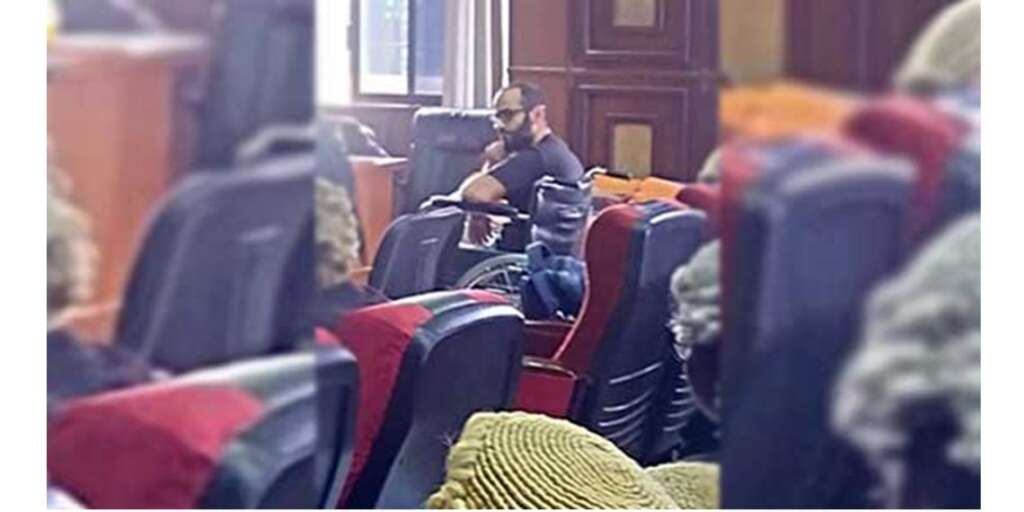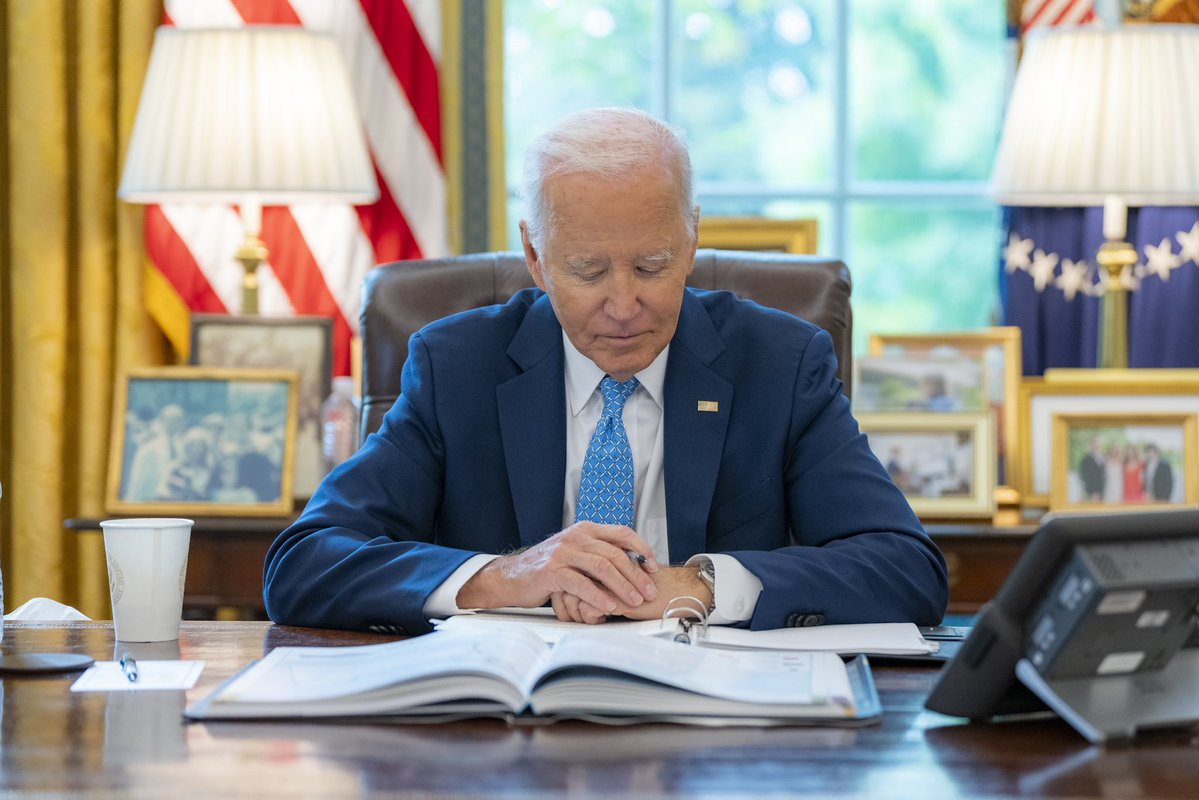In a diplomatic statement, U.S. President Joe Biden has extended his gratitude to Nigeria and President Bola Tinubu following the release of Tigran Gambaryan, a U.S. citizen and senior executive at Binance, after eight months in Nigerian detention. Gambaryan, who was held on allegations of money laundering, was allowed to leave the country last week after Nigeria’s Economic and Financial Crimes Commission (EFCC) dropped the charges. A family spokesperson confirmed his departure, stating, “Tigran was allowed to leave Kuje prison last night.”
President Biden, addressing this matter publicly on X, expressed his appreciation to President Tinubu during a recent call, where he also offered condolences regarding the severe floods impacting Nigeria. “Earlier, I spoke with President Tinubu of Nigeria to express my condolences on the floods impacting his country and my appreciation for his leadership in securing the humanitarian release of Tigran Gambaryan,” Biden shared.
International Efforts Lead to Gambaryan’s Release
Gambaryan had been in detention since February, with charges formally presented in April. His extended detention sparked international concerns, particularly as his health reportedly deteriorated while held at the Kuje prison. There were calls from both local and international circles urging Nigerian authorities to reach an amicable settlement due to concerns over Gambaryan’s health.
The international pressure intensified last month when a coalition of eighteen U.S. state attorneys general formally requested President Biden intervention, citing the Robert Levinson Hostage Recovery and Hostage-Taking Accountability Act. Their October 18 letter expressed alarm over Gambaryan’s prolonged detention and declining health. Attorney General John Formella of New Hampshire wrote, “His continued detention without cause is not only a violation of his rights but also poses a severe risk to his health and well-being. We must advocate for U.S. citizens abroad, and we urge the federal government to apply the necessary diplomatic pressure to secure his release.”
Health Concerns and Legal Appeals

During his detention, Gambaryan’s health issues became a focal point of concern. In a recent bail application, his lawyer, Mark Mordi, sought either a full bail or a six-week medical reprieve, emphasizing the need for immediate surgery. According to a July 18 medical report from the State House Annex clinic, Gambaryan required urgent lumbar surgery as advised by a neurosurgeon, alongside care from an orthopedic surgeon and psychiatrist.
Following his release, Gambaryan’s wife, Yuki, expressed relief over the end of their ordeal. “The past eight months have been a living nightmare. I wish it hadn’t taken this long for his release, or that his health had not declined so much, but we can now focus on healing as a family. I want to express my deepest gratitude to the U.S. government for their efforts in securing his release,” she shared.
Binance’s CEO Thanks Nigerian Government
Richard Teng, Binance’s CEO, also expressed his appreciation to the Nigerian government for Gambaryan’s release. He praised Gambaryan’s resilience through this difficult period and emphasized that his health and well-being were of utmost priority to Binance. “We are deeply relieved and grateful that Tigran Gambaryan has finally been released after enduring nearly eight months of detention in Nigeria. Throughout this difficult period, Tigran has shown immense strength, and we commend his resilience in the face of such severe adversity,” Teng stated.
Looking Forward: Binance’s Commitment to Compliance
Teng affirmed Binance’s commitment to global compliance and transparency, especially as regulatory demands around digital assets evolve. “We are eager to put this episode behind us and continue working toward a brighter future for the blockchain industry around the world,” he added.
Gambaryan’s release not only brings relief to his family and Binance but also underscores the collaborative efforts of the U.S. and Nigerian governments in resolving international issues amicably. This high-profile case reinforces the potential for diplomacy and international cooperation in addressing complex cross-border challenges.




